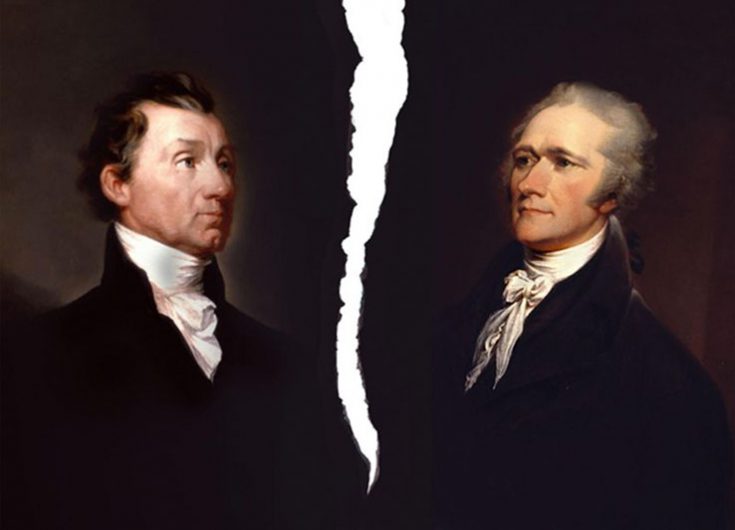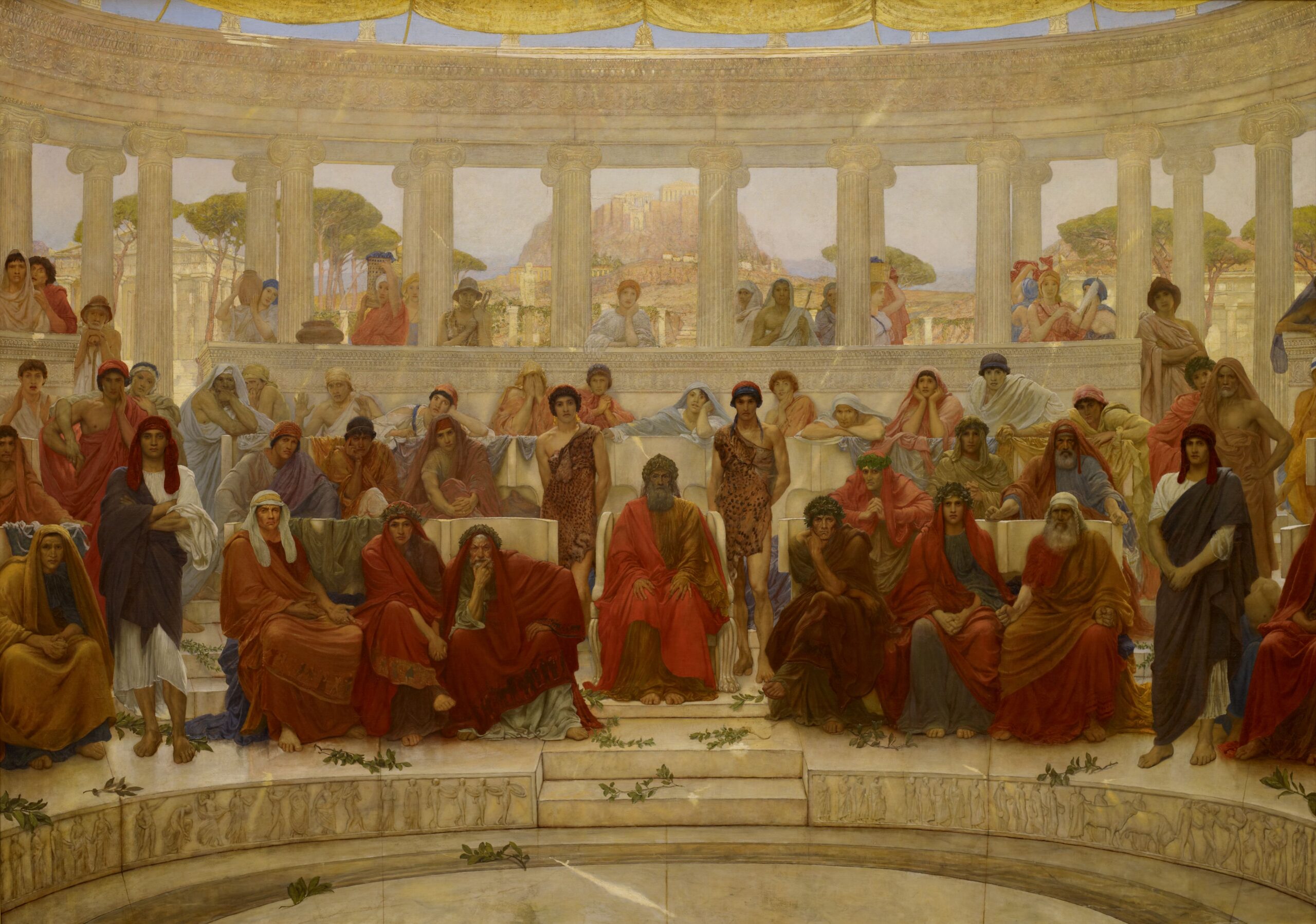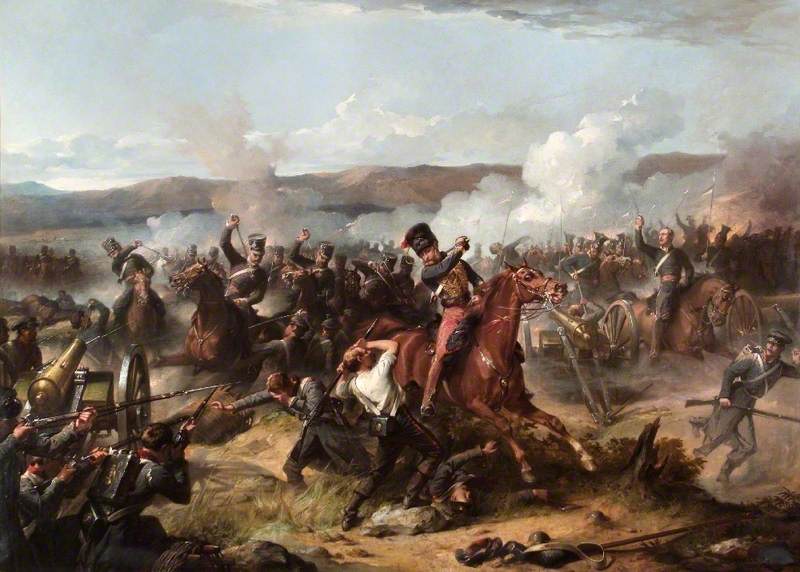The Arthashastra describes the guiding principles necessary to secure the goals of the state within this circle of states. These include: a ruler ought to develop his state by augmenting and exploiting its resources and power; the state ought to try and eliminate enemy states; those who help in this objective are friends; a state ought to stick to a prudent course; a ruler’s behavior must appear just; and peace is preferable to war in attaining a goal. Under the framework of these principles, the Arthashastra describes six methods of foreign policy, all of which are designed to enhance the power of one’s state relative to other states and, if possible, to conquer or dominate them.
India’s Arthashastra: A Combination of Machiavelli and Clausewitz?
The Arthashastra describes the guiding principles necessary to secure the goals of the state within this circle of states. These include: a ruler ought to develop his state by augmenting and exploiting its resources and power; the state ought to try and eliminate enemy states; those who help in this objective are friends; a state ought to stick to a prudent course; a ruler’s behavior must appear just; and peace is preferable to war in attaining a goal. Under the framework of these principles, the Arthashastra describes six methods of foreign policy, all of which are designed to enhance the power of one’s state relative to other states and, if possible, to conquer or dominate them.




